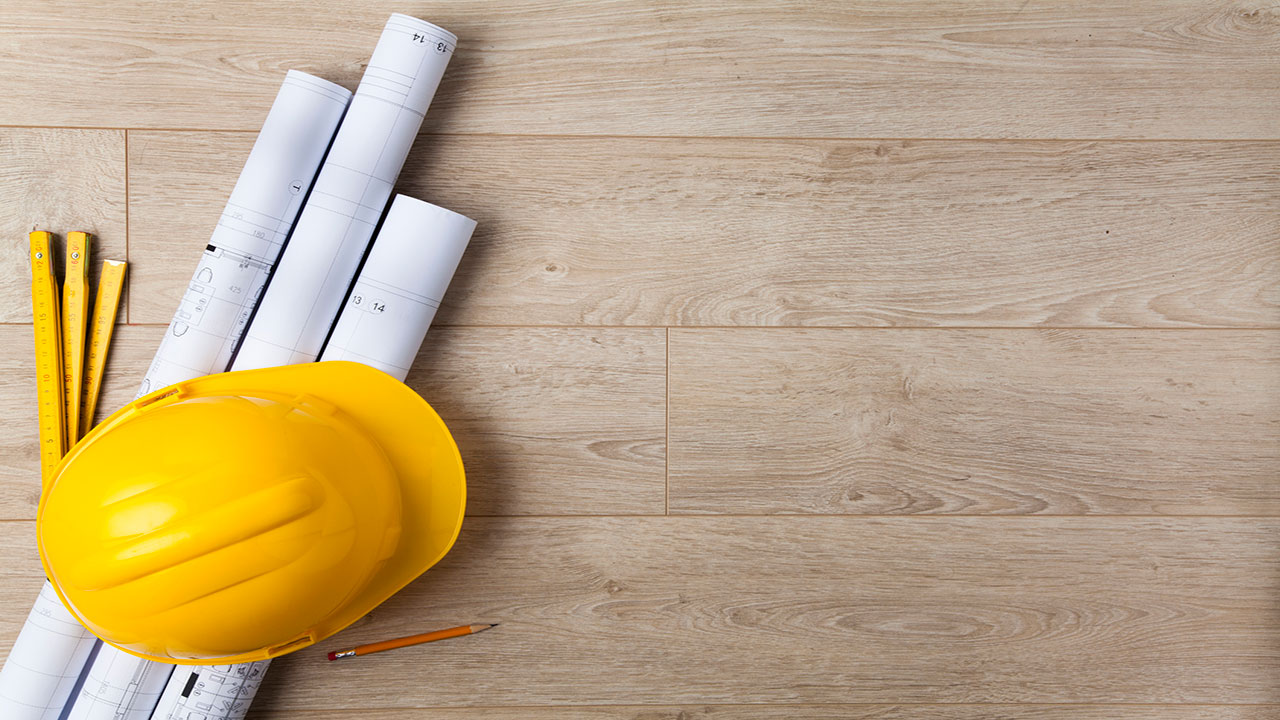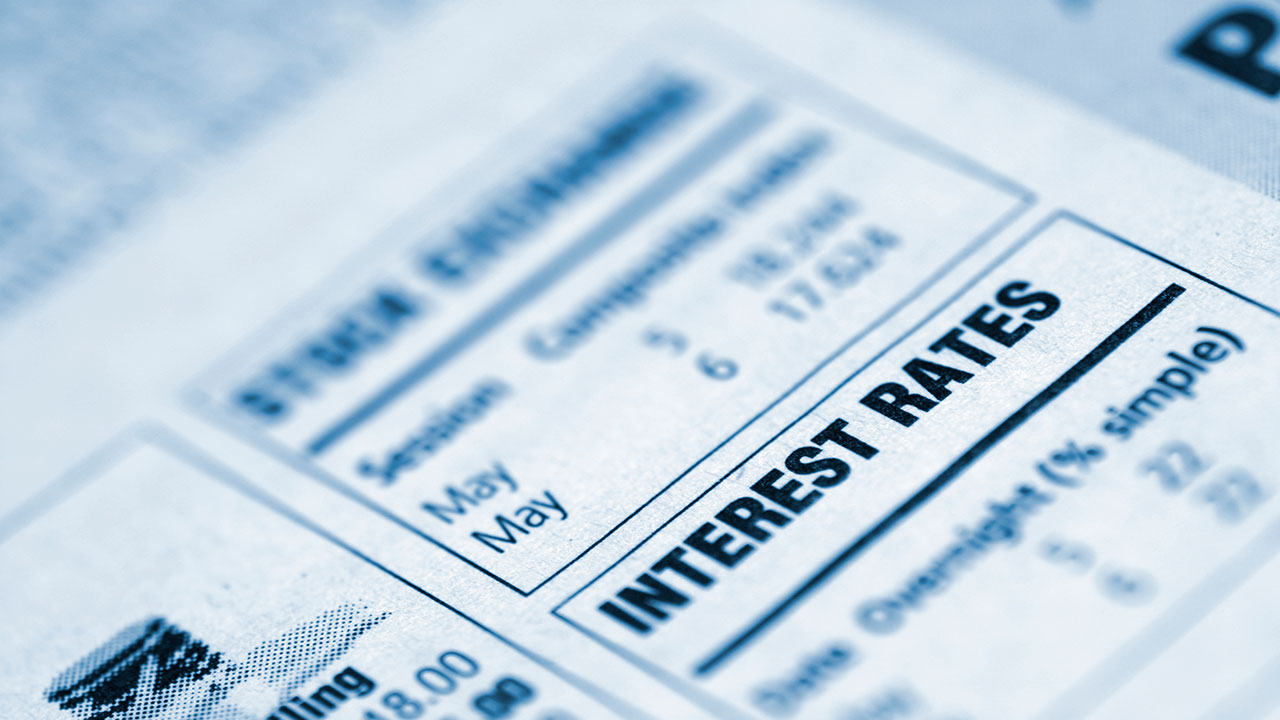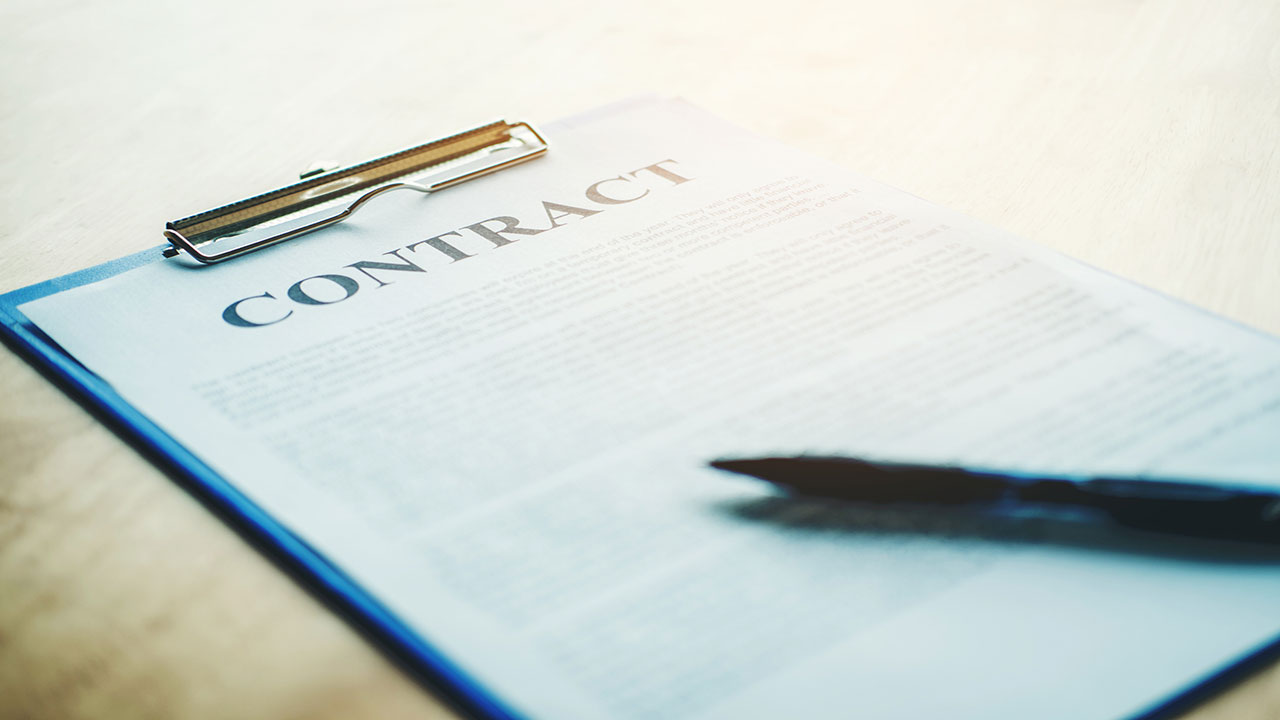What Happens to Your Deposit if a Condo Developer Goes Bankrupt?

Lots of buyers consider purchasing pre-construction condos for a variety of reasons, but perhaps the biggest one is to lock in at the current price per square foot before prices start to rise. By the time the development is complete, buyers will have the exact condo they want designed to their tastes, all while taking advantage of a better price should the market trend upward.
But as advantageous as buying pre-construction condos might be, it also comes with some disadvantages, and perhaps the biggest risk is the potential for the condo developer to bail out of the development.
It can happen, and has happened in the past, which leaves buyers with no condo, no interest-growing opportunities for the deposit put down with the developer, and right back at square one looking for a new place to call home. Only this time, the price per square foot will likely be higher than when they originally purchased.
It’s an unfortunate situation, but thankfully it’s quite a rare occurrence. That said, it’s important that you be aware of potential risks associated with condo developers backing out before the development even gets off the ground.
More specifically, you’ll want to know that your deposit is still safe even if the condo developer backs out on the development.
What Happens to Your Deposit?

When a developer goes bankrupt while tens of thousands of dollars in deposit money is tied up, one of the first questions that buyers may have is, “What happens to my deposit?”
This is a valid concerned, considering the fact that builder deposits are usually for quite a large chunk of change. The answer, however, will differ depending on who’s holding the deposit money.
Ideally, the money should be heald with an escrow company or title company, in which case the funds are being protected and should be paid back to each buyer affected. In this case, buyers would have to get in touch with the escrow or title company in order to have the funds released.
Any real estate agreements between buyers and builders should contain a clause that outlines what will happen to the deposit money should the developer fold. That’s why it’s so important to have representation from a real estate agent when entering these agreements, as they will know to look for such clauses and ensure that they are included and enforced.
If, however, the deposit money was paid directly to the builder, this could be a major issue and would require legal action filed against the builder in order to have the deposit money refunded. In this case, a real estate lawyer would be required.
It’s never advised to leave a deposit directly with a builder, much like it’s not recommended to pay a seller the deposit in a traditional real estate deal. In case either one of them goes bankrupt, you could be left high and dry.
What About Interest on the Deposit Money?

From the time that the deposit is made to the time that a developer bails on a development, any interest that could have been made on that deposit money is basically lost.
Even if the money just sat in a bank account, it would still collect interest. But when a builder files for bankruptcy, buyers are simply at a loss when it comes to any interest that could have been collected while the funds were in the developer’s hands.
Suing the Developer

It’s not uncommon for there to be a class action lawsuit against the offending developer set by angry buyers who are left in the dust. The purpose of these lawsuits is typically to sue the developer for the lost appreciation from the time that they bought the units to when the deposits were returned.
Buyers should be aware that the result of a class action lawsuit could take years to achieve.
What Can Buyers Do to Protect Themselves?

If you’re considering buying a pre-construction condo unit from a developer, there are some things you can and should do to protect yourself from headaches and disappointment.
For starters, thoroughly review the contract and be on the lookout for any clauses that indicate that buyers will be forced to buy the unit even if the entire complex’s construction completion is delayed. Also, as already mentioned, be sure that a clause is inserted that dictates that the deposit will be repaid in full in case the developer is unable to complete the complex.
Do your homework on the builder’s track record and look for any history of bankruptcies or failed developments in the past.
The Bottom Line
It can be incredibly disheartening to find out that the condo you invested in and looked forward to moving into when construction is complete falls through. While this is not a very common occurrence, it can and does happen. When it does, buyers are left wondering what will happen to the deposit money they’ve tied up in such developments.
The silver lining is that if buyers are represented by a seasoned real estate agent who knows what a sound contract looks like, their deposits will be protected, though any opportunity to collect interest on these funds is likely lost.




